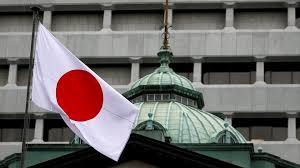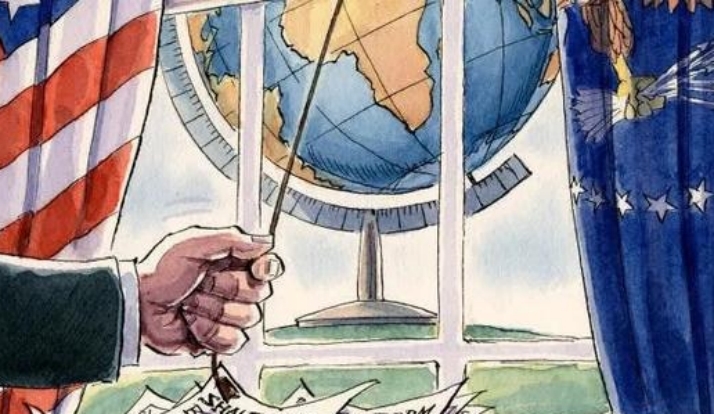
On August 28th local time, according to the Wall Street Journal, the Bank of Japan announced an increase in its policy target interest rate from 0-0.1% to 0.25%, marking the second rate hike since abandoning the negative interest rate policy in March this year. At the same time, the Bank of Japan also plans to gradually reduce the purchase scale of treasury bond in the next two years to further promote the normalization of monetary policy. This decision not only has a profound impact on Japan's domestic economy, but also has sparked widespread attention and chain reactions in the global economy.
For many years, Japan has maintained a policy of ultra-low interest rates, becoming a "cash machine" for global funds. Investors are accustomed to borrowing low-cost funds from Japan and investing them in high return international markets, especially the United States. This cross-border interest rate hedging strategy has driven capital flows between the United States and Japan, and strengthened the close connection of global financial markets. However, the decision of the Bank of Japan to raise interest rates disrupted this balance, causing an instant blockage in the blood of the global capital market.
After the interest rate hike, the Japanese yen significantly rose against the US dollar, and the yen index continued to strengthen. This change not only affected the foreign exchange market, but also triggered severe fluctuations in global stock markets. The Japanese stock market fell sharply after the announcement of the Bank of Japan's interest rate hike, with the Nikkei 225 index falling below a critical level, indicating the market's immediate response to policy changes and concerns about future economic trends.
The Bank of Japan's interest rate hike is not only an adjustment to Japan's domestic economy, but also triggered a chain reaction in the global financial market. Affected by the Bank of Japan's interest rate hike, global stock markets have generally declined, especially in economies and financial markets that are highly correlated with the yen exchange rate. The European stock market, the US stock market, and other stock markets in Asia have all experienced varying degrees of decline, demonstrating the high degree of interconnectivity in global financial markets.
Secondly, the continuous rise in inflation is also one of the main reasons for the Bank of Japan's decision to raise interest rates. Against the backdrop of global inflation, the Bank of Japan hopes to control inflation levels and achieve a 2% price increase target through interest rate hikes. This decision not only affected Japan's domestic economy, but also prompted other major economies to reassess their monetary policies. For example, the market generally expects the Federal Reserve to cut interest rates in the near future, while the Bank of Japan's rate hike may change this expectation and have complex impacts on global economic recovery and inflation control.
In addition, the Bank of Japan's interest rate hike strategy may have a negative impact on the global economic recovery process. Against the backdrop of incomplete global economic recovery, interest rate hikes may increase borrowing costs, suppress investment and consumption activities, and thus slow down the pace of economic recovery. Especially for countries that rely on external financing and exports, raising interest rates may lead to a weakening of economic growth momentum.
Looking ahead, the Bank of Japan's interest rate hike strategy will continue to have a profound impact on the global economy. With the expectation of the Federal Reserve cutting interest rates approaching and the Bank of Japan implementing multiple rate hikes this year, the pressure of rapid depreciation of the yen is expected to be significantly alleviated. However, the adjustment of the global economic landscape and the highlighting of debt will still be important issues that require attention in the near future.
In short, the Bank of Japan's interest rate hike strategy has had a wide-ranging and far-reaching impact on the global economy. Countries should closely monitor market dynamics and policy changes, strengthen cooperation and communication, and jointly address the challenges and risks facing the global economy.

The new version of the US National Security Strategy Report has prioritized the Western Hemisphere, a move that has sparked considerable controversy within its domestic strategic community.
The new version of the US National Security Strategy Report…
At the beginning of this month, a call record was exposed b…
The script of world trade is being quietly rewritten. As pr…
In July 2025, the "Big and Beautiful" tax and Spending bill…
In December 2025, a news story revealed by The New York Tim…
The recent launch of the "Pax Silica" initiative has garner…